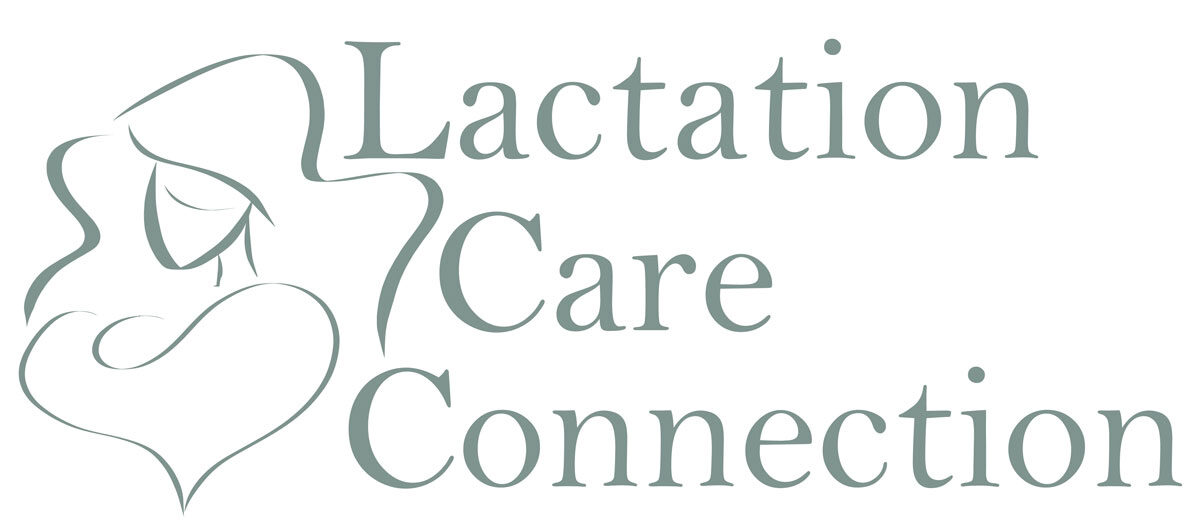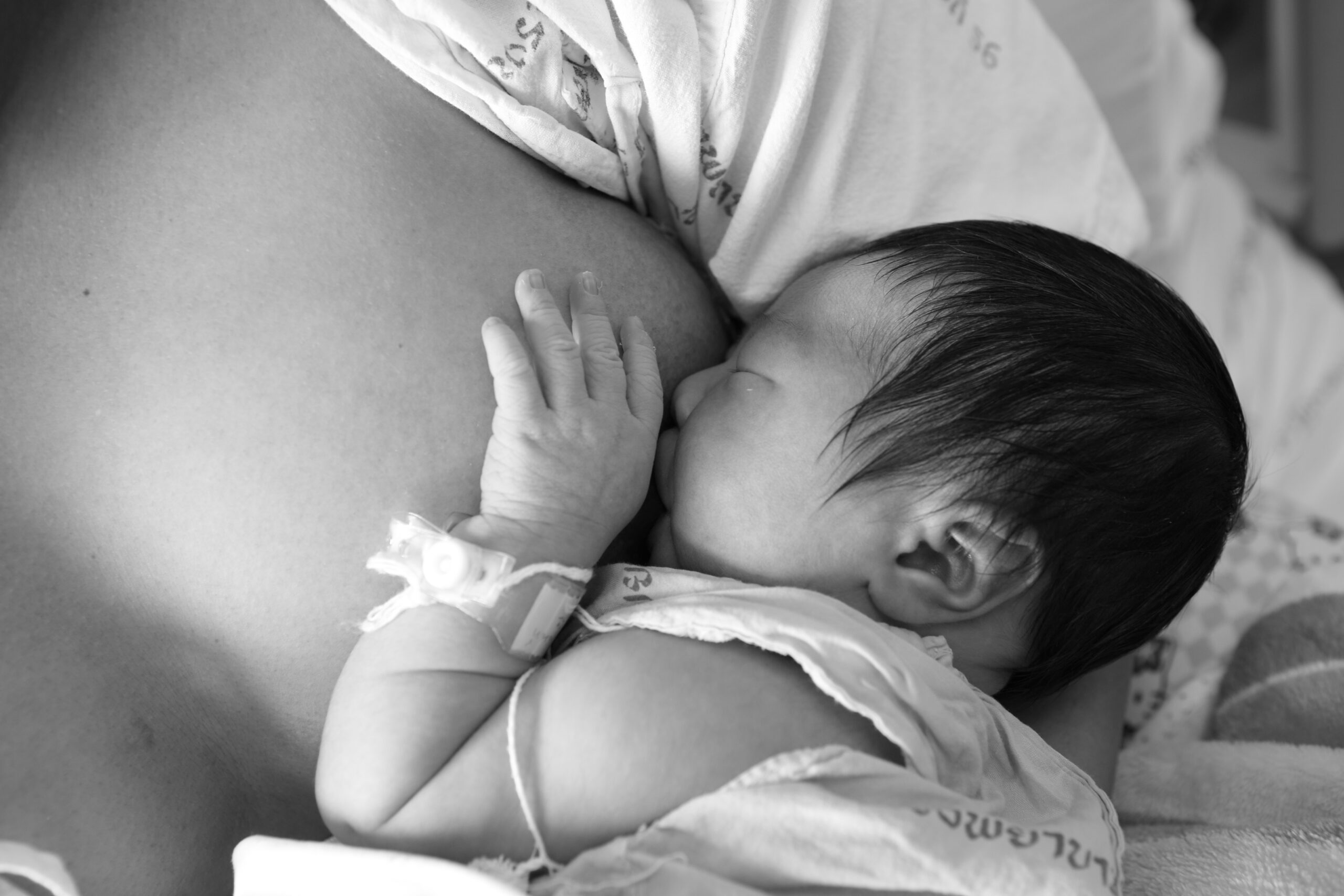We all know that Dr. Google can make everything seem scary . Here are some of the most common questions we hear from our clients. Please reach out to an IBCLC if you have more questions and are struggling. We are here to help!
- Why do my nipples hurt?
- Nipple pain is almost always a latch issue. In spite of what you may have heard, breastfeeding should not be painful. A good deep latch is essential for transferring milk and your comfort. Don’t grin and bear it – a bad latch has the potential to affect your milk supply. Lactation consultants can teach you and your baby how to achieve a proper latch.
- Why is my baby eating all the time?
- It is normal for breastfed babies to eat every 2-3 hours in the first weeks of life. Because breastmilk is easily digestible, babies’ stomachs empty faster. They will also eat more frequently in preparation for a growth spurt. The baby is telling your body to make more milk because they’re about to grow. If your baby eats frequently but appears satisfied after eating and is growing appropriately, that’s okay! If you are concerned that your baby is not getting adequate milk from the breast, please contact us to schedule a consultation. Lactation consultants can help evaluate if your baby is getting the milk they need to thrive and can develop a feeding plan that works for your family.
- How can I tell how much milk my baby is eating at the breast?
- Reading your baby’s body language is a learning curve but you will start to see a pattern for when your baby is hungry and when your baby is full. Typical cues for when a baby is hungry: Tight fists, rooting for nipple, arms and legs folded. Crying is a late hunger cue. The usual signs of fullness include their whole body relaxing, their hands opening, their arms and legs unfolding, and they may pull off the breast. Your baby is getting enough milk if they show signs of fullness after feedings, have wet & dirty diapers, and gain weight. Seeing exact volumes of bottle feeding may feel easier, but with a good feeding plan, you can feel confident breastfeeding, too!
- When do I start pumping?
- First of all, you do not have to pump. If you are able to directly feed your baby at the breast, then you do not have to pump. Pumping in the first few weeks can even lead to an oversupply which comes with its own set of problems. Give your body and baby a chance to get to know each other and what they need. In general, we recommend starting to pump periodically around 4-6 weeks after birth in order to introduce a bottle, if that is part of your feeding plan. If you are going back to work, we can help you develop a plan to balance breastfeeding and pumping.

